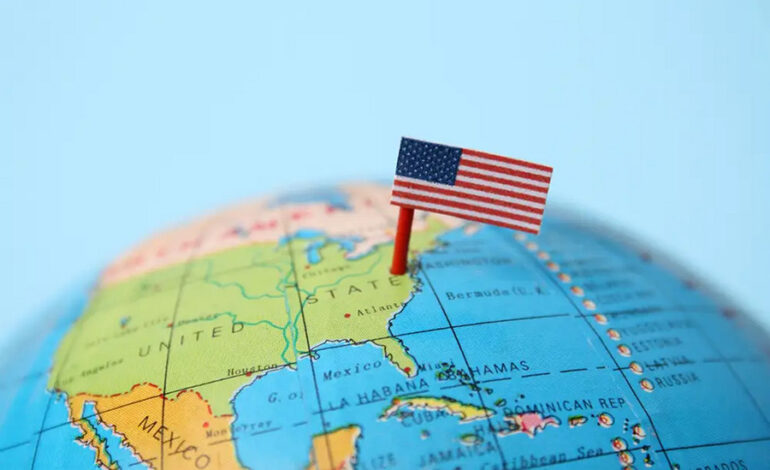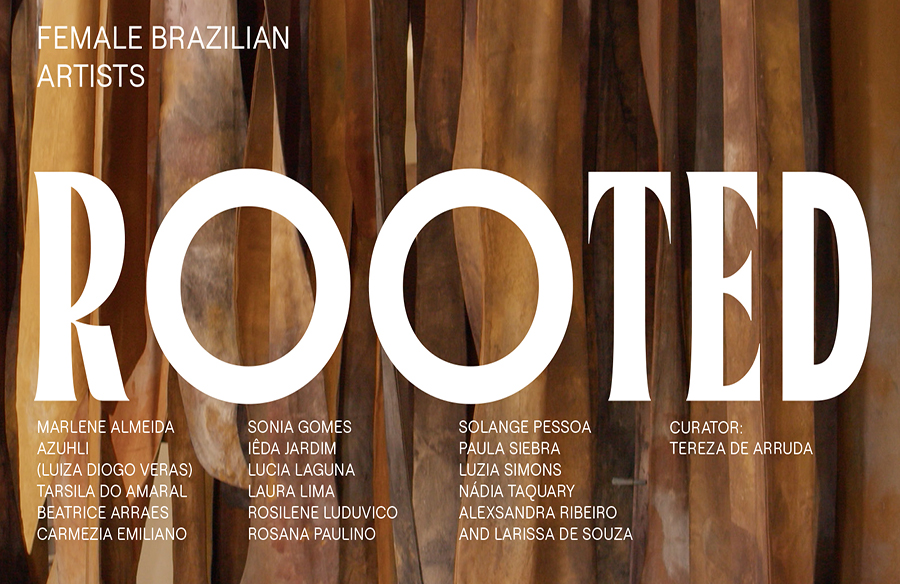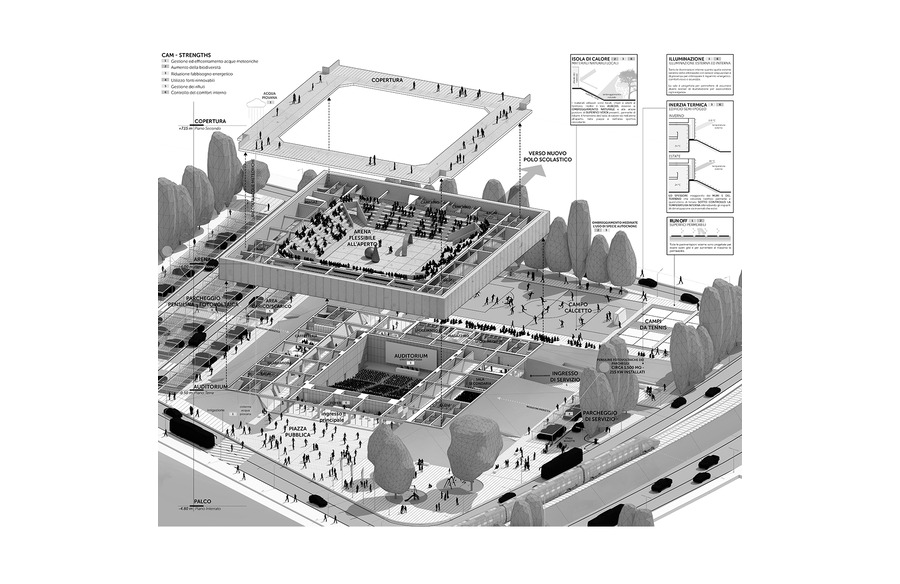The Impact of Geography Education: An American’s Revelations

Sabriena Abrre, an American woman married to a Canadian, recently shared her profound realization about the inadequacy of her geography education. Despite excelling academically and graduating high school with good grades, Abrre discovered significant gaps in her knowledge during a conversation with her Canadian husband. In a TikTok video, she expressed her astonishment at the lack of geographical understanding imparted by the US education system.
Unveiling Misconceptions
Abrre recounted various misconceptions she held about geography, notably regarding Alaska’s geography and Maine’s border. She confessed to previously considering Alaska an island due to its portrayal on US maps, a belief shattered when she learned it’s possible to drive there. Additionally, she admitted ignorance about Maine’s adjacency to Canadian provinces, showcasing the limitations of viewing maps in isolation.
Common Misunderstandings
Another misconception highlighted by Abrre was the size comparison between Alaska and Texas. While many US maps depict Texas as larger, Alaska surpasses it significantly in landmass. Moreover, Abrre shared instances of others’ geographical confusion, such as her uncle’s misunderstanding of Vancouver’s location within British Columbia.
Proposed Solutions
To address these knowledge gaps, Abrre proposed a holistic approach to geography education, advocating for interconnected learning between the US and Canada. She emphasized the importance of viewing both countries in relation to each other to foster a deeper understanding. Abrre also defended her reliance on the school curriculum, expressing frustration at the oversight of essential geographical concepts.
Community Response
Abrre’s TikTok video resonated with viewers, garnering over 828,000 views and sparking a dialogue about geography education. Many shared similar experiences of misconception, while others questioned the absence of globes or world maps in classrooms. Some viewers highlighted the role of self-directed learning in supplementing formal education.
Conclusion
Abrre’s revelation sheds light on the shortcomings of geography education in the US and underscores the need for comprehensive reform. As individuals navigate a globally connected world, a solid understanding of geography is indispensable. Abrre’s advocacy for improved education reflects a broader call to equip students with essential knowledge to thrive in an increasingly interconnected society.













